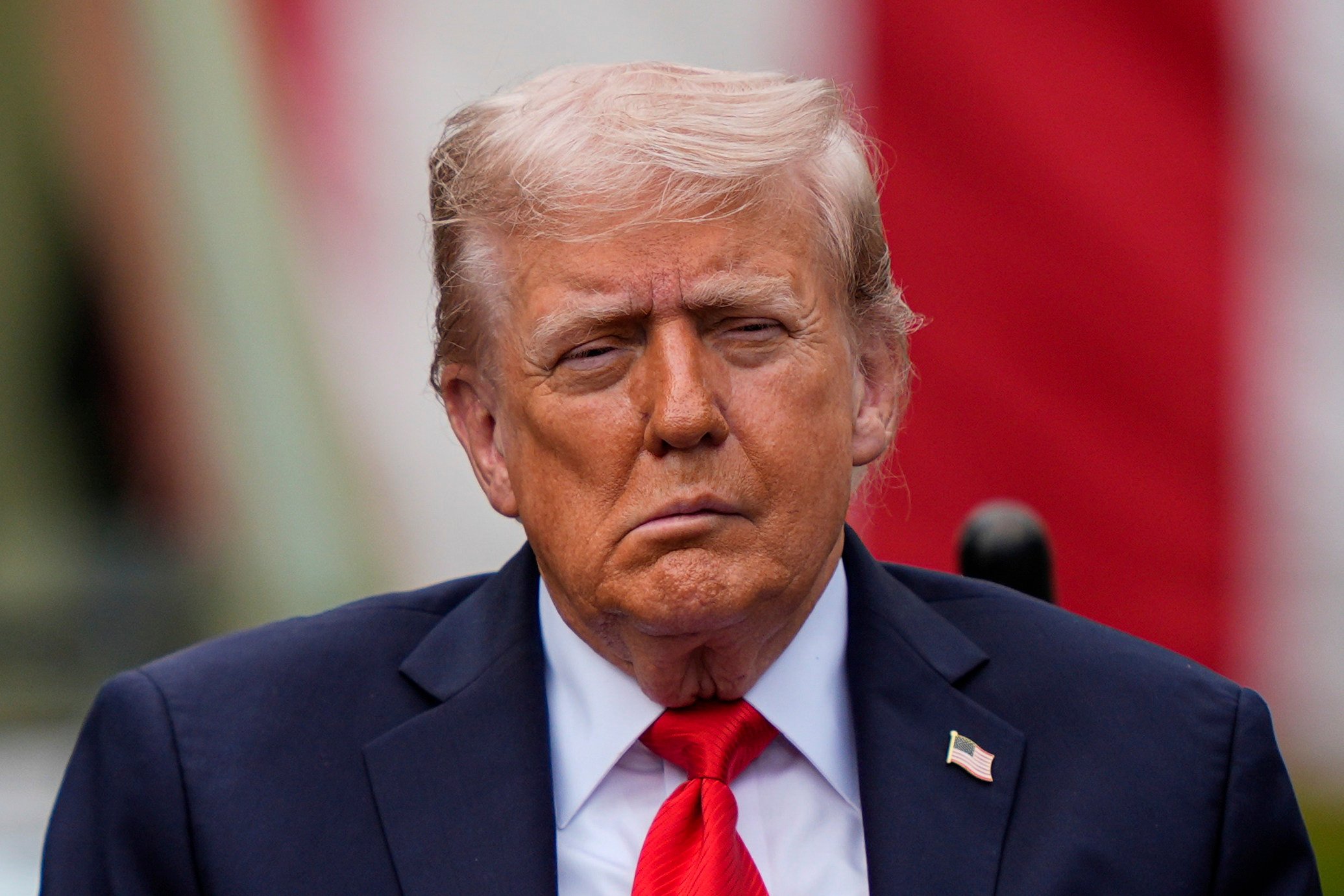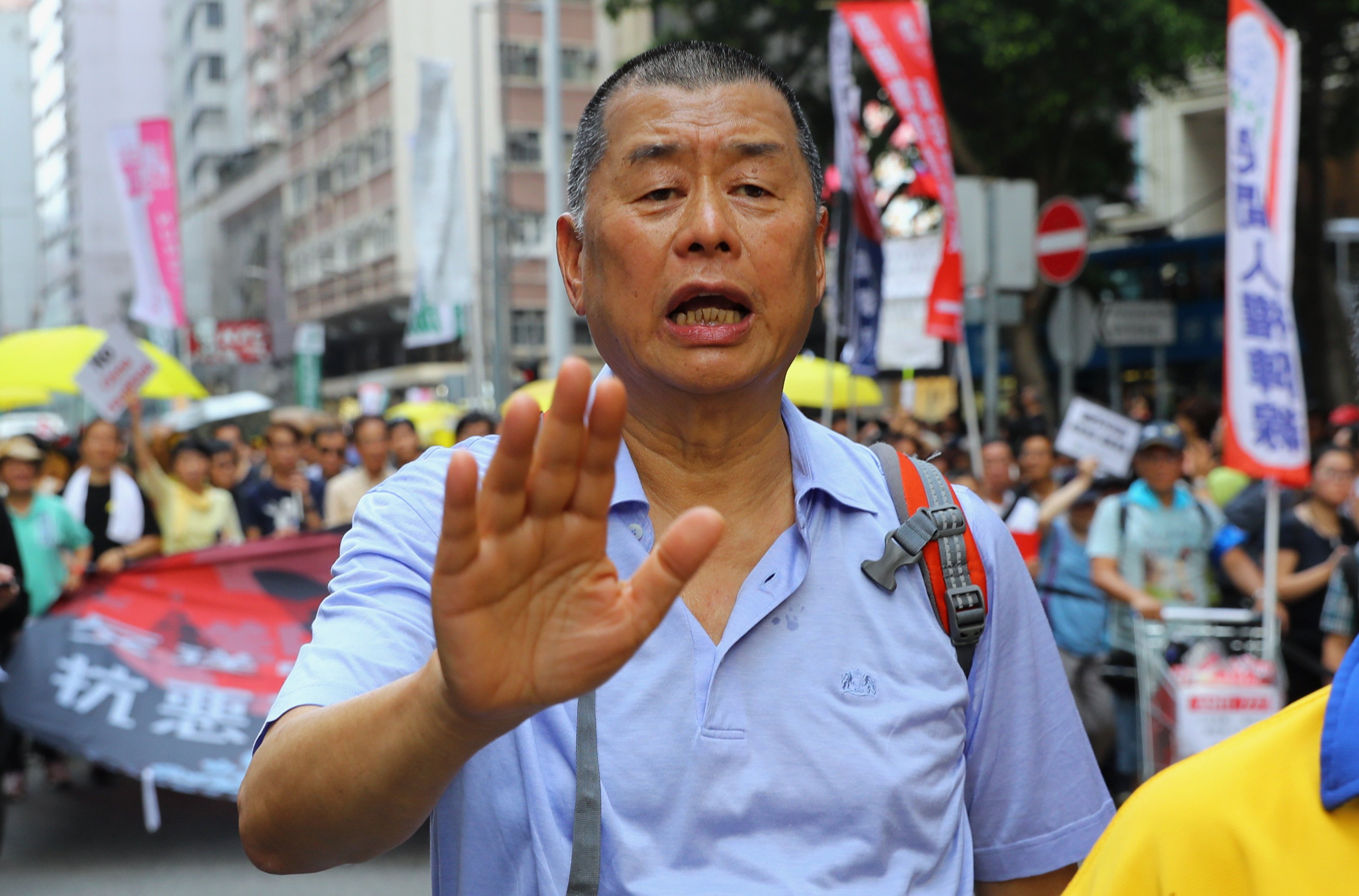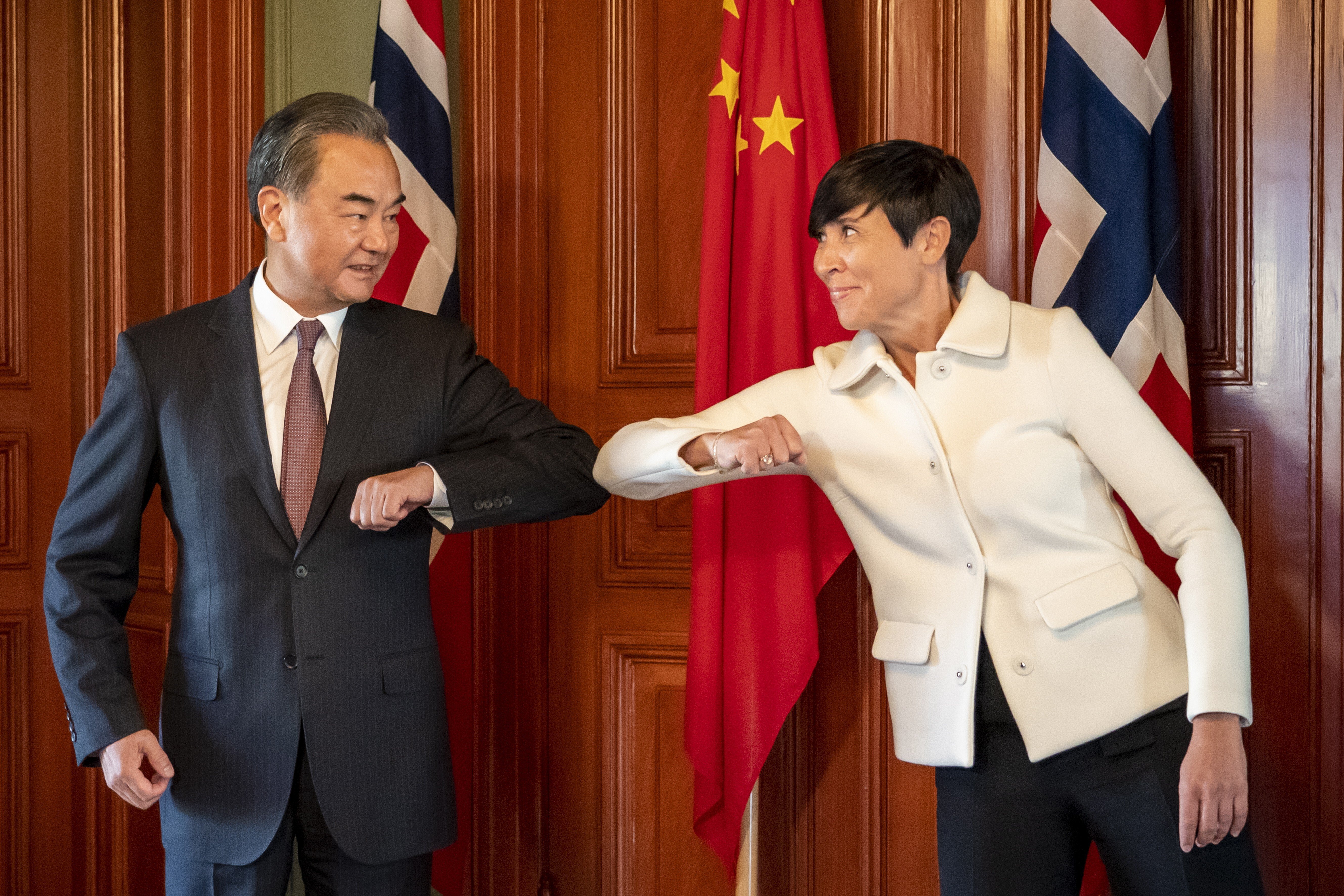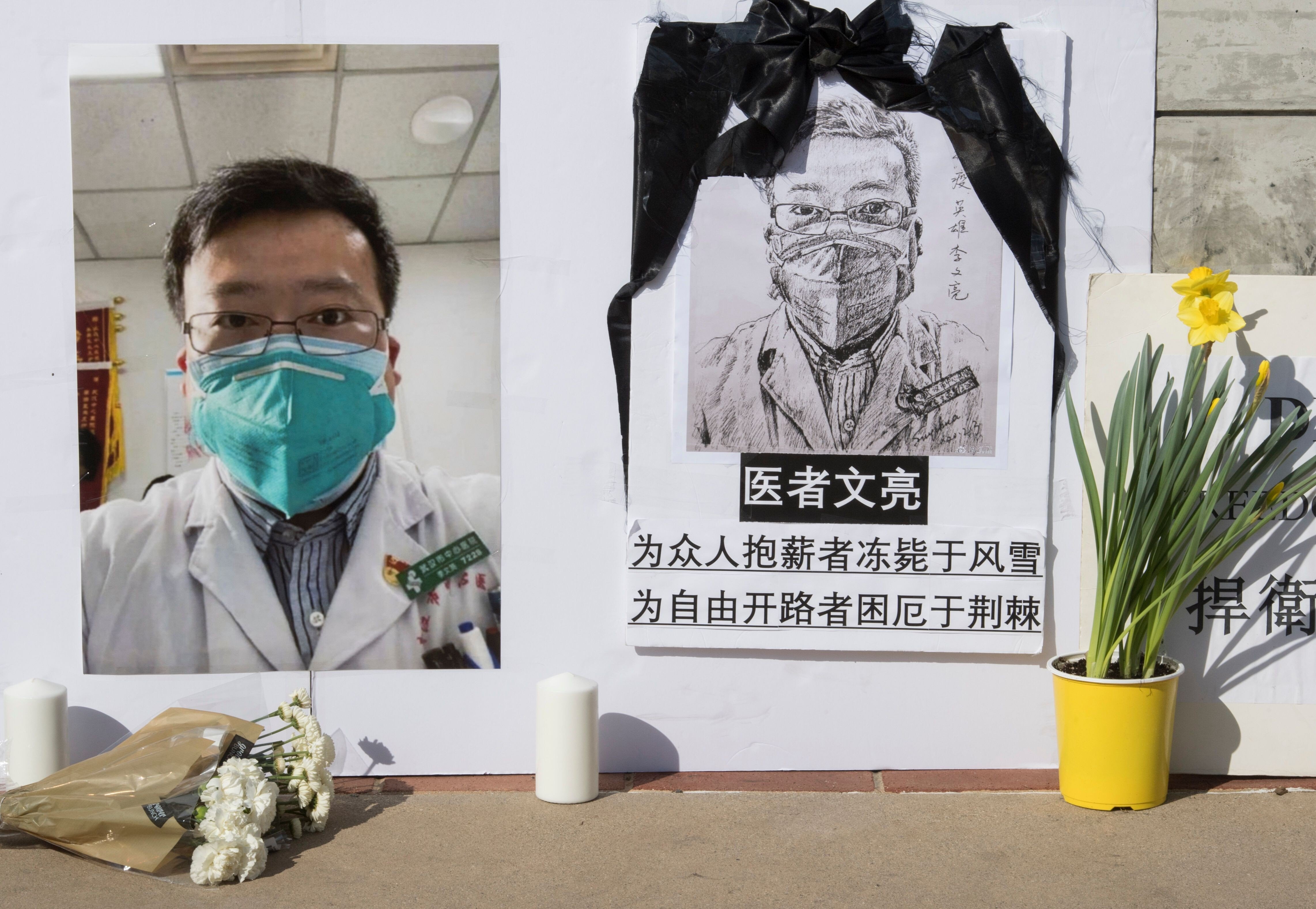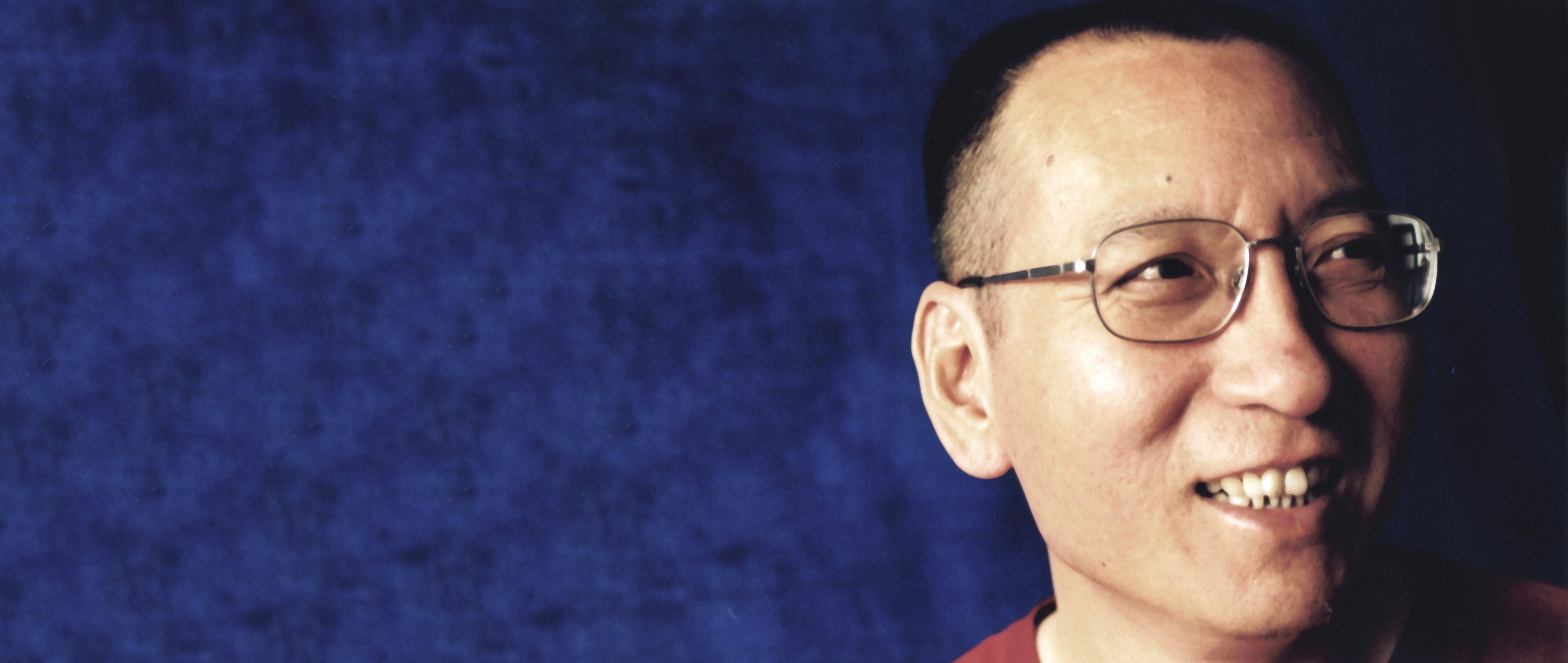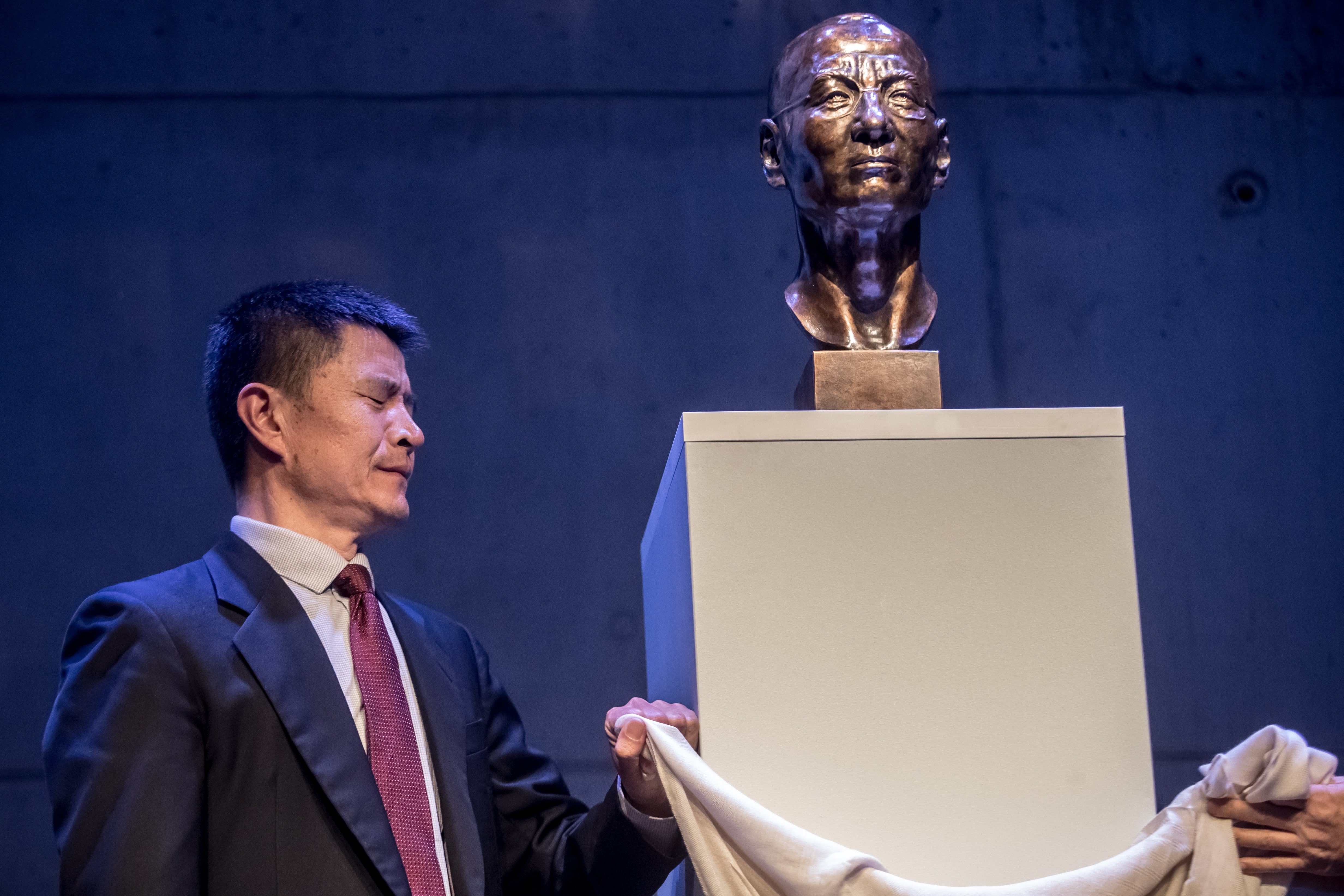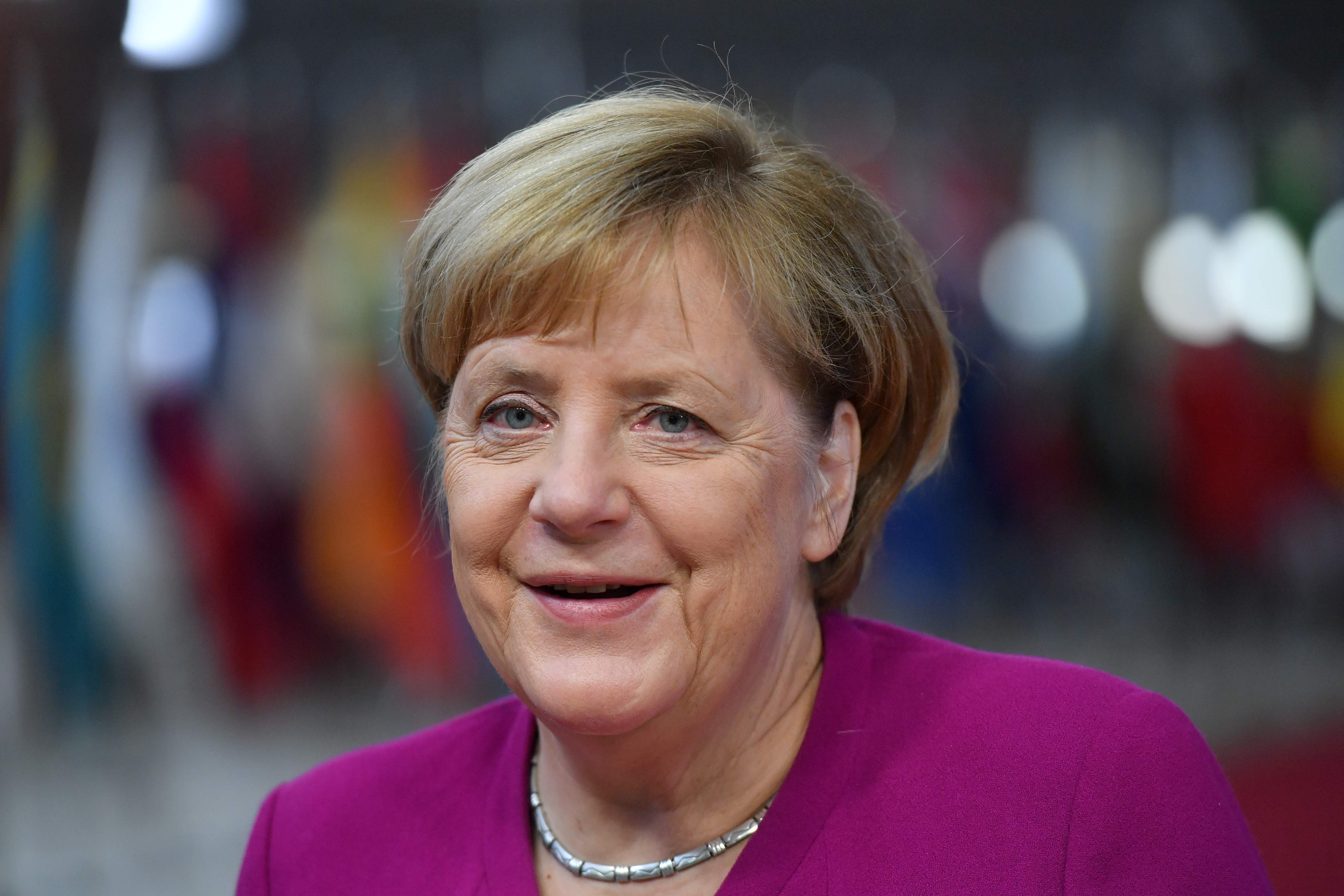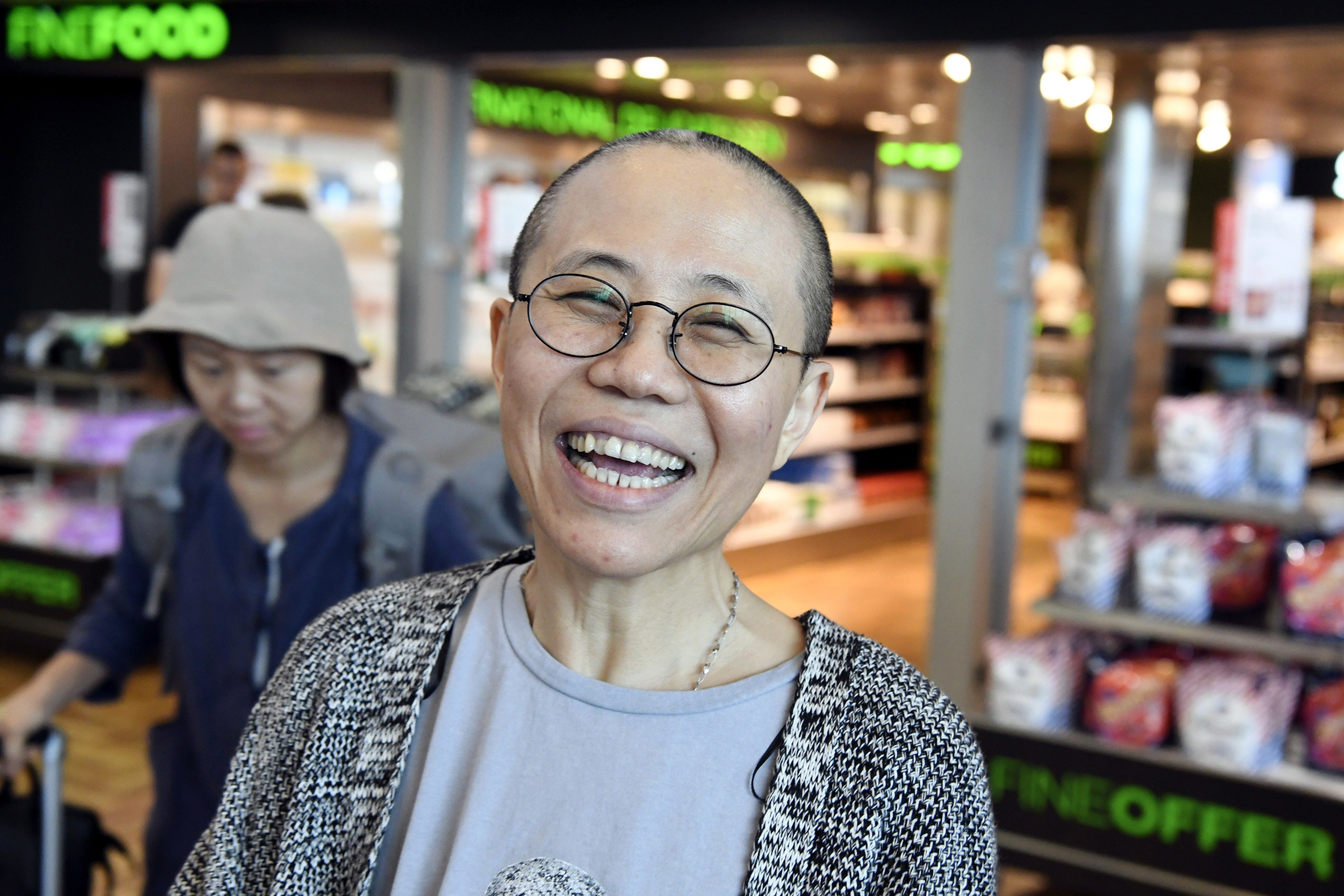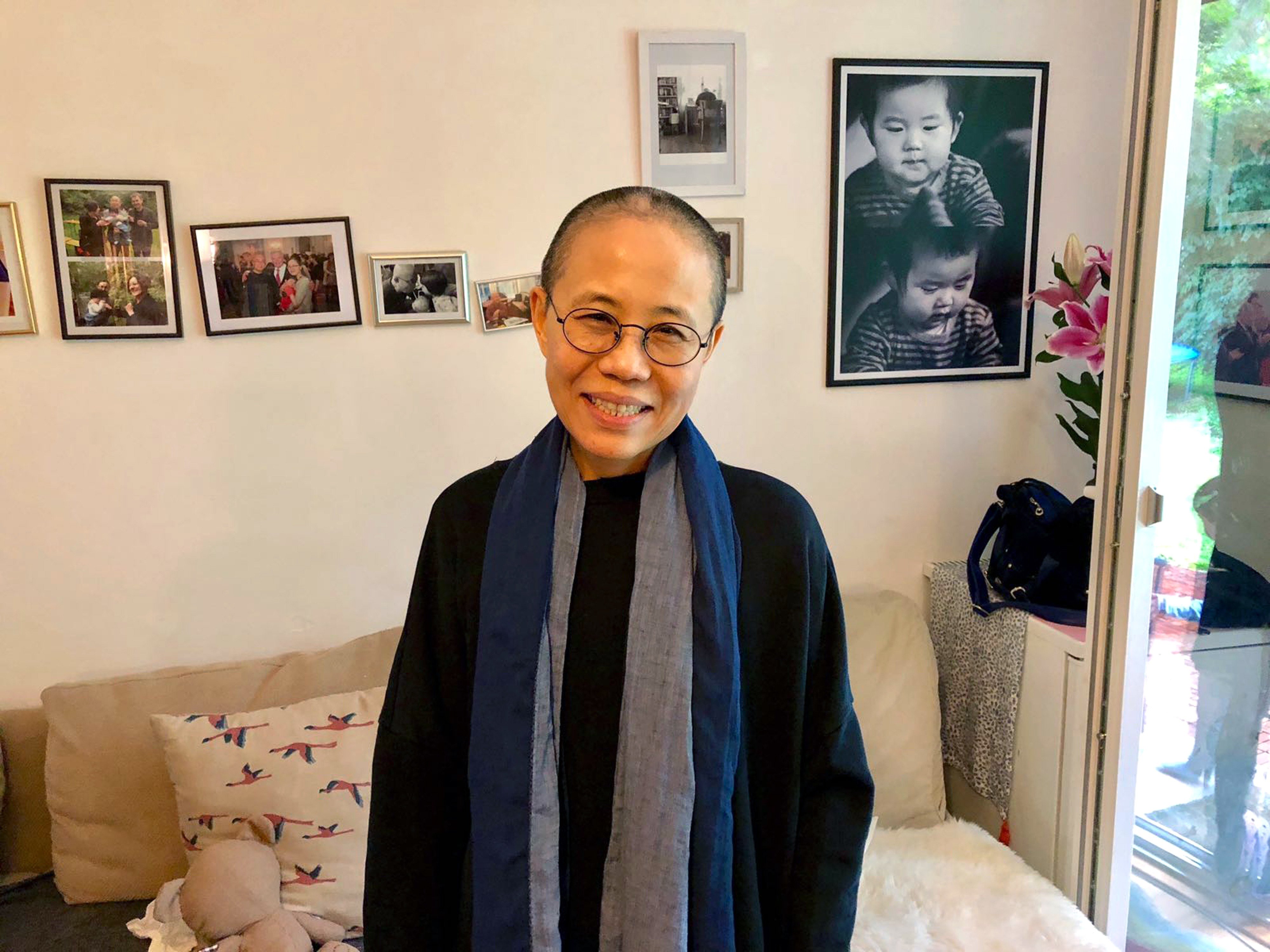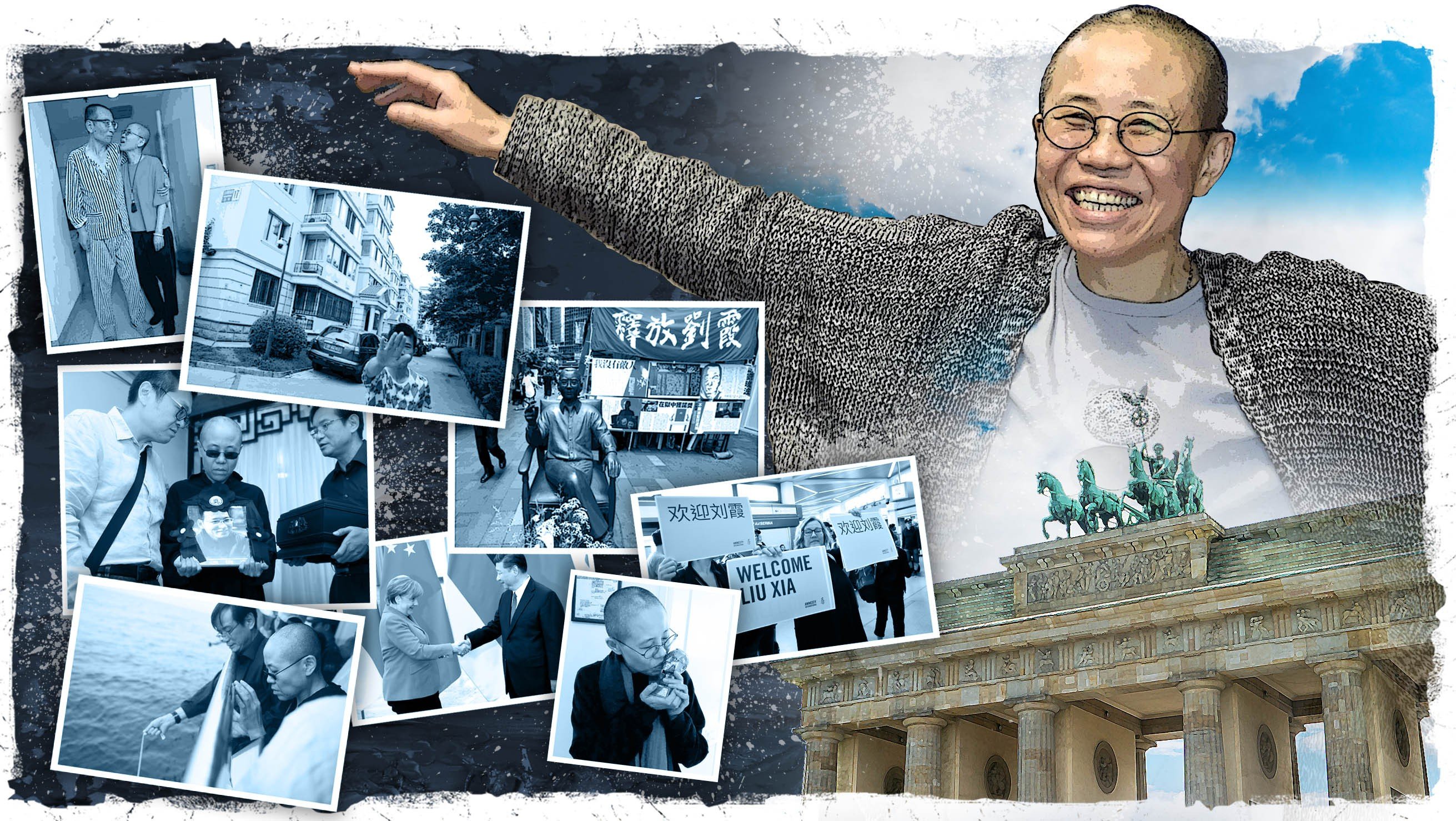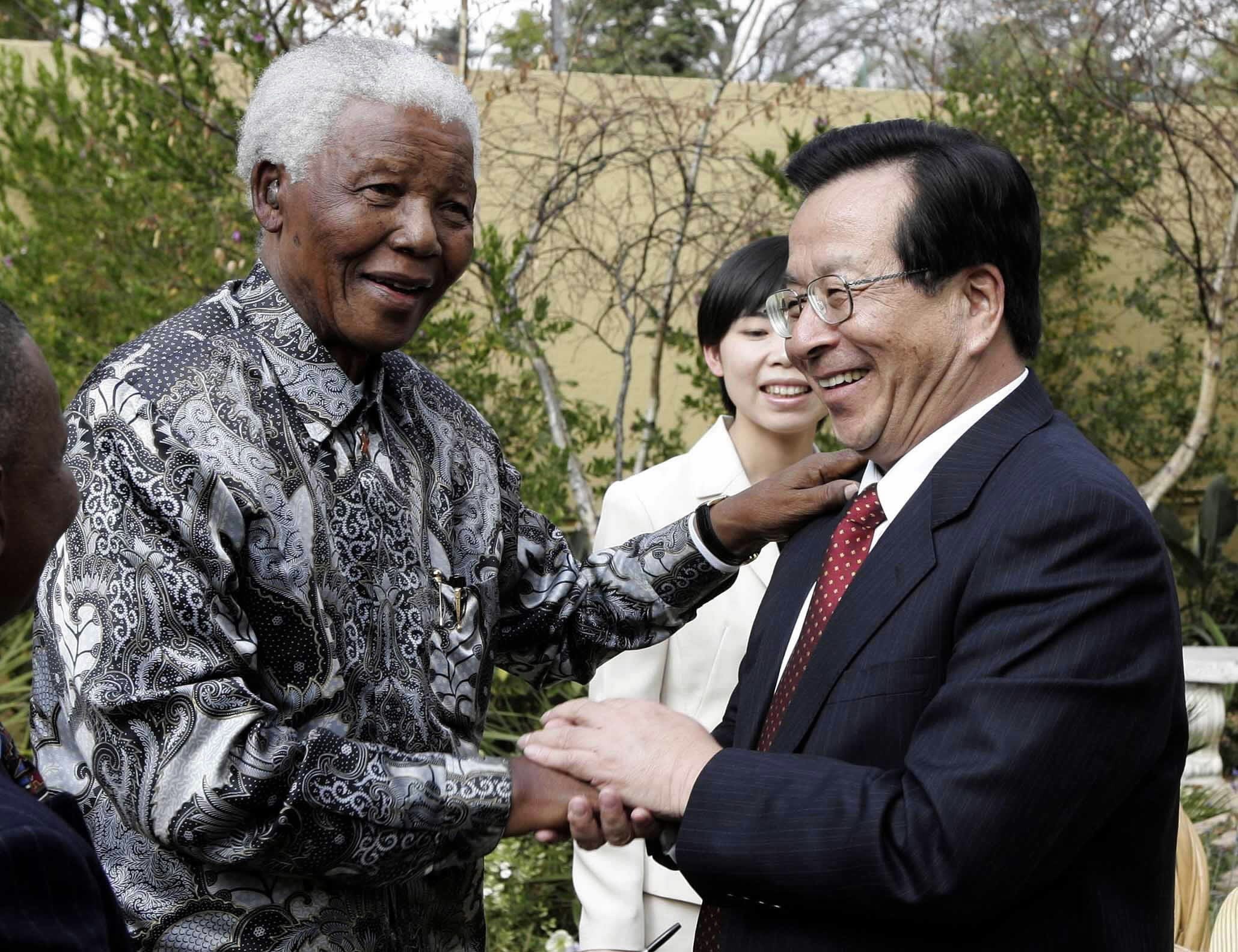Advertisement
Advertisement

TOPIC
/ people
Liu Xiaobo

Liu Xiaobo
2010 Nobel Peace Prize laureate Liu Xiaobo, who died in custody in July 2017, was a writer, professor, and political dissident. In 2009, Liu was sentenced to 11 years for inciting subversion because of his involvement in writing Charter 08, a petition advocating political reform in China. Liu was awarded the 2010 Nobel Peace Prize for “his long and non-violent struggle for fundamental human rights in China”.
Born
28 Dec 1955
Industry
Politics, Human rights
Job Title
Activist
Review | Endless nightmares, ruined lives: the Tiananmen legacy
Poet Liao Yiwu’s searing account of what happened in Beijing on June 4, 1989, and its lasting impact, doggedly collected from witnesses, demands attention; he is unsparing in his criticism of decision-makers, and of ordinary Chinese for their passivity.
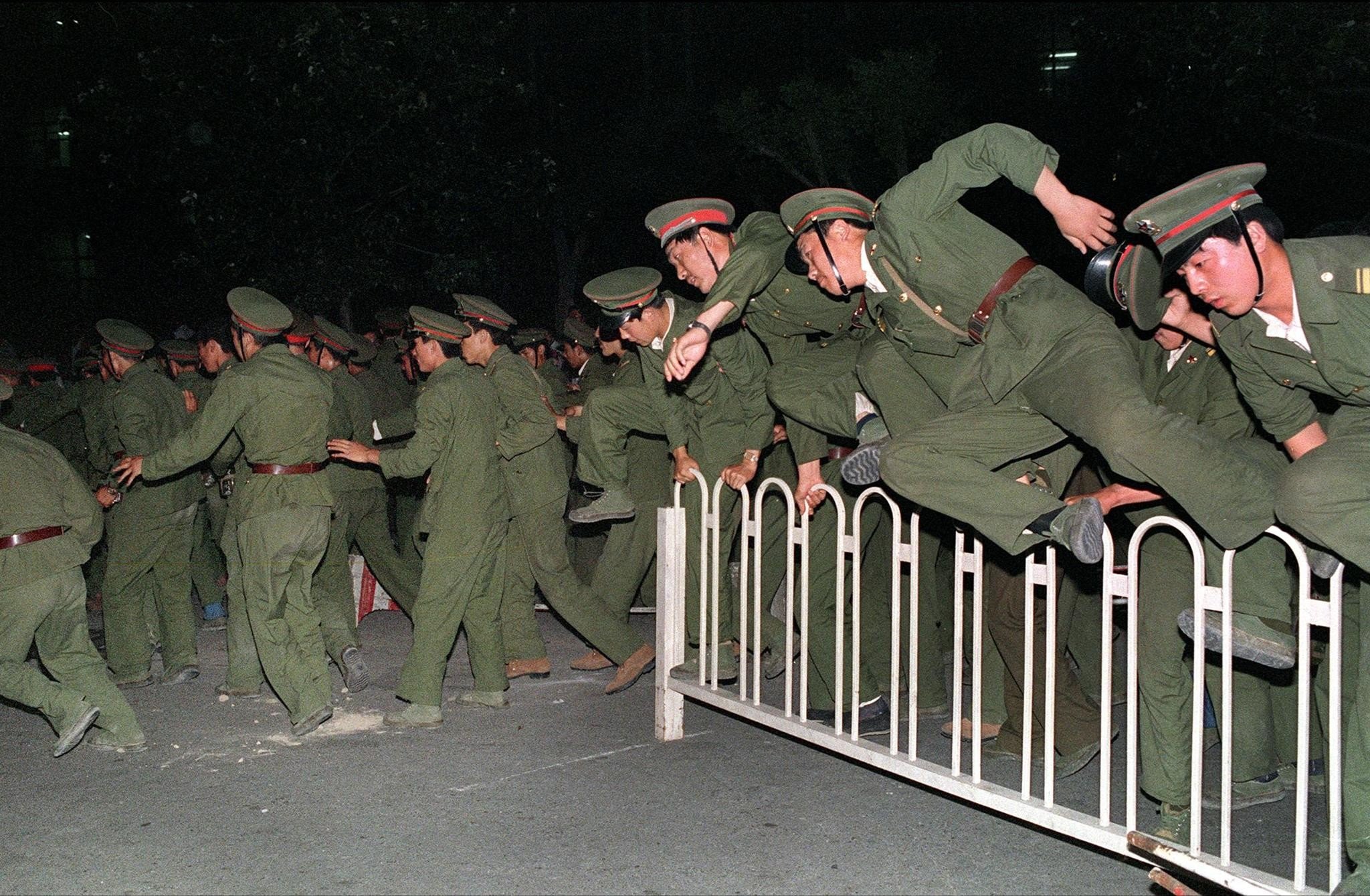
Advertisement
Advertisement
Advertisement
Advertisement
Advertisement
Advertisement
Help preserve 120 years of quality journalism.
SUPPORT NOWAdvertisement
Advertisement
Advertisement
Advertisement
Advertisement
Advertisement
Advertisement
Advertisement
Advertisement
Advertisement
Advertisement
Advertisement
